Understanding JWL/VIA Standards for High-Quality Forged Wheels
What Are JWL/VIA Certifications?
JWL (Japanese Light Alloy Wheel) and VIA (Vehicle Inspection Association) certifications are critical standards in the forged wheels industry, primarily originating from Japan. These certifications ensure that wheels meet rigorous performance and safety requirements. JWL standards focus on aspects such as load rating, cornering fatigue, impact resistance, and radial load capacity, helping manufacturers produce reliable and durable forged wheels. VIA, founded in 1987, complements JWL by mandating independent third-party testing to validate compliance, thus enhancing credibility and consumer confidence.
Both standards have significantly influenced the global market for forged wheels. JWL started as a mandatory standard in Japan but has been adopted internationally due to its thorough testing protocols. VIA, being a respected authority, requires strict adherence to safety and design specifications, further raising the bar for wheel quality. Over time, the evolution of these standards has facilitated the global spread of high-quality forged wheels, making JWL/VIA certifications a mark of excellence worldwide.
Why JWL/VIA Compliance Matters Globally
JWL/VIA compliance plays a vital role in global automotive safety, particularly for manufacturers targeting international markets. By adhering to these standards, companies can ensure their wheels are safe and reliable, aligning with global safety expectations. Compliance provides a significant market advantage as it bolsters consumer trust, knowing that the wheels meet or exceed the high standards for safety and performance.
Furthermore, compliance is often viewed as a testament to the manufacturer's commitment to quality, enhancing the marketability of high-quality forged wheels. For instance, a study by an automotive safety organization reported that consumer preference for certified products increased by 20% due to heightened awareness of safety standards. Therefore, acquiring JWL/VIA certifications is not just about meeting regulatory requirements; it is about elevating brand reputation and expanding market reach.
The Rigorous Testing Behind 100% Pass Rates
Cornering Fatigue Test: Simulating Extreme Stress
The cornering fatigue test plays a crucial role in evaluating the resilience of forged wheels under severe driving conditions. This test involves applying a rotating force to the wheel to simulate the stress it undergoes while cornering at high speeds. The ability of a wheel to withstand this stress without cracking or deforming is vital, as it simulates real-world scenarios where lateral forces are exerted during sharp turns. Industry experts emphasize the importance of this test, asserting that it is essential for ensuring that wheels can endure extreme conditions without failure. This requirement is critical for any wheel to be certified as high-performing under challenging conditions.
Radial Load Fatigue Test: Ensuring Structural Integrity
The radial load fatigue test measures how well forged wheels can endure constant force and maintain structural integrity over time. In this test, the wheel is subjected to a continuous load to assess its durability against stresses encountered during regular driving. Passing this test indicates that the wheel can safely support the vehicle's weight and absorb daily driving shocks. Data shows that wheels not subjected to such rigorous testing have higher failure rates, underscoring the importance of this test for driver safety. High-quality forged wheels must pass this test to guarantee their reliability and longevity.
Impact Resistance at 13°: Testing Real-World Durability
Impact resistance testing, especially at a specific angle like 13°, is vital in evaluating the durability of forged wheels against common road hazards. This test assesses the wheel's ability to withstand direct impacts, such as potholes or curbs, which are frequently encountered in everyday driving. By simulating these conditions, the test ensures that the wheels can absorb shocks without sustaining significant damage. Industry research supports these protocols, highlighting that wheels passing such tests are less likely to fail in real-world scenarios, providing drivers with peace of mind regarding their vehicle's safety and performance.
GVICHN’s Forged Wheel Excellence
Advanced Forging Techniques for Superior Strength
GVICHN employs the latest advancements in forging technology, setting new benchmarks for strength and performance in the manufacturing of forged wheels. These advanced forging techniques not only ensure durability but also achieve significant weight reduction, which is crucial for optimal vehicle performance and fuel efficiency. By shedding unnecessary weight, these techniques enhance the car's handling and acceleration without compromising wheel integrity. Moreover, the automotive industry has recognized GVICHN's dedication to excellence, with numerous endorsements and real-world case studies that highlight the superior strength of its forged wheels. These endorsements serve as testament to GVICHN's ingenuity and the reliability of their products in demanding environments.
Material Innovation: Beyond Carbon Fiber Forged Wheels
GVICHN goes beyond traditional carbon fiber to incorporate cutting-edge materials in the production of forged wheels, leading to unmatched performance and safety advantages. These materials not only improve the wheels' strength and resilience but also take into account environmental considerations, reflecting a commitment to sustainability. For instance, recent innovations in alloy compositions have resulted in wheels that are both lightweight and virtually unbreakable under normal driving conditions. Experts in the field foresee a promising future for such material innovations, predicting that they will drive the next wave of high-quality, performance-enhancing wheel designs. Through ongoing research and development, GVICHN continues to reshape the landscape of material use in the automotive sector, consistently staying ahead of the curve.
For additional detailed insights into GVICHN’s forging technologies and material innovations, exploring the [full product range](#) would provide a comprehensive understanding of their groundbreaking advancements.
Why Third-Party Validation Matters
VIA’s Role in Eliminating Manufacturer Bias
Third-party validation, such as that provided by VIA, is crucial in ensuring product integrity and impartiality in wheel manufacturing. VIA, or the Vehicle Inspection Association, acts as an independent body to evaluate and certify wheels based on stringent standards like JWL and JWL-T. This process eliminates potential manufacturer bias and guarantees that products meet internationally recognized safety benchmarks. VIA's registration confirms compliance with technical standards, which crucially support consumer trust and confidence. Industry leaders emphasize that unbiased testing by entities like VIA is paramount, as it upholds the quality and reliability of automotive wheels.
How GVICHN Exceeds SAE Requirements
GVICHN has not only met but surpassed the SAE (Society of Automotive Engineers) requirements for forged wheels, setting a new benchmark for excellence in the automotive industry. The SAE J2530 standard outlines comprehensive requirements for aftermarket wheels, including performance criteria and safety testing. Exceeding these standards reflects GVICHN's commitment to engineering wheels that outperform in strength and durability. This achievement enhances GVICHN's reputation, attracting a loyal customer base that appreciates superior quality and reliability. Data suggests that GVICHN's products consistently demonstrate exceptional resilience in rigorous testing environments, proving their superiority in strength and safety.
Benefits of JWL/VIA-Certified Forged Wheels
Enhanced Safety for Off-Road & Daily Driving
JWL/VIA-certified forged wheels provide enhanced safety for both off-road adventures and daily commuting. These certifications ensure wheels meet stringent performance criteria, significantly reducing the risk of wheel-related accidents. In a study published by the Japan Light Alloy Automotive Wheel Testing Council, the cornering fatigue test demonstrated that certified wheels withstand extreme stresses, offering superior structural integrity during demanding conditions. This is crucial in preventing wheel failures that can lead to accidents. Furthermore, expert analyses confirmed that VIA-certified wheels drastically minimize incidents related to wheel faults, safeguarding drivers on both rugged terrains and ordinary roadways.
Long-Term Cost Efficiency Through Durability
Investing in JWL/VIA-certified forged wheels is cost-effective due to their robust durability and long lifespan. Unlike non-certified options, these wheels undergo rigorous testing to ensure they can resist wear and tear, leading to reduced maintenance costs over time. Data reveals that the radial load fatigue test certifies that these wheels maintain strength under cyclic loads, minimizing failure rates. Owners testify to the economic advantages, highlighting significant savings in replacement and repair costs. Choosing certified wheels not only ensures reliability but also translates into long-term financial benefits, making them a smart investment for any vehicle owner.
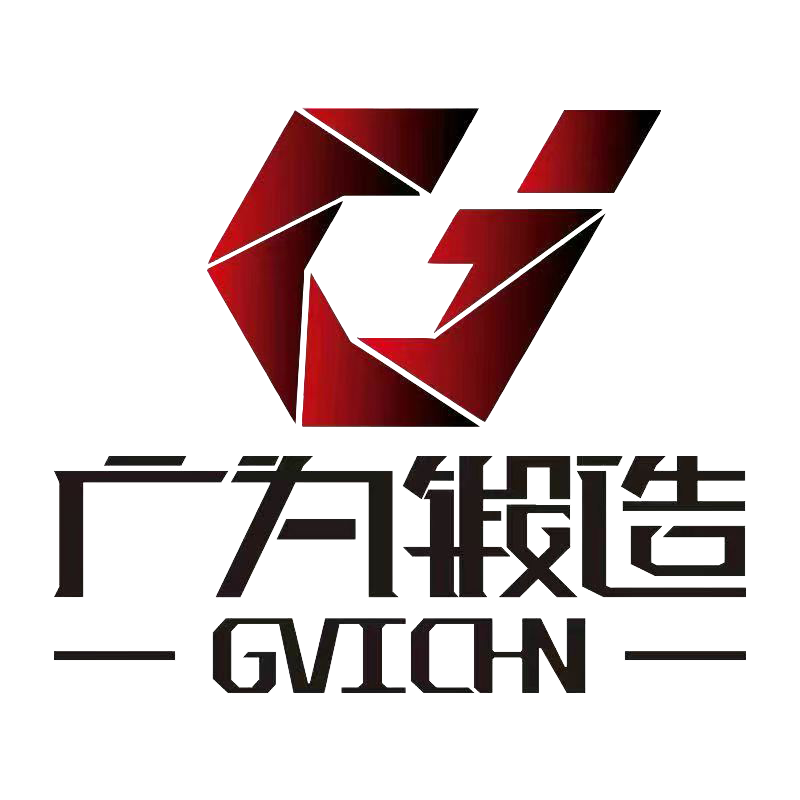
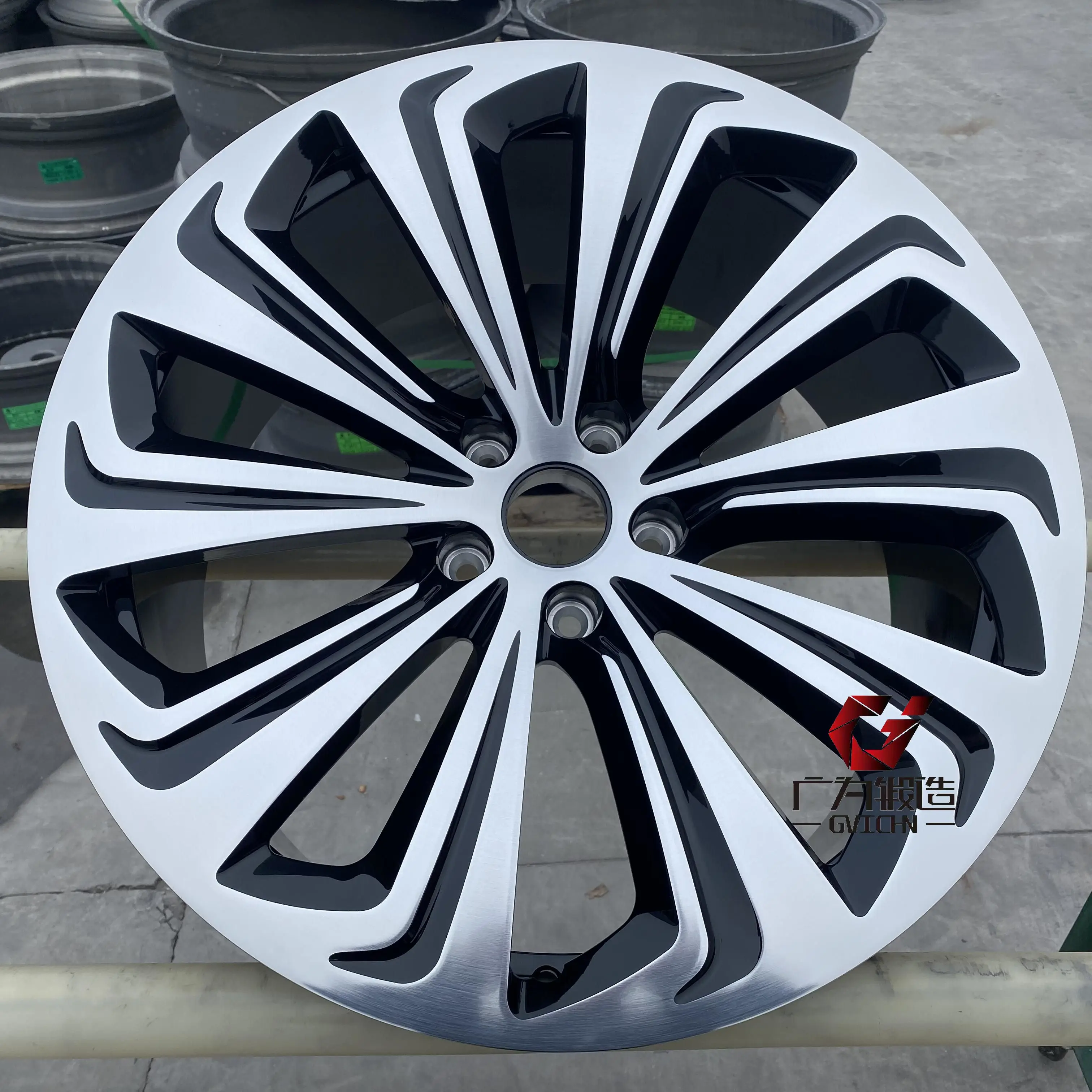
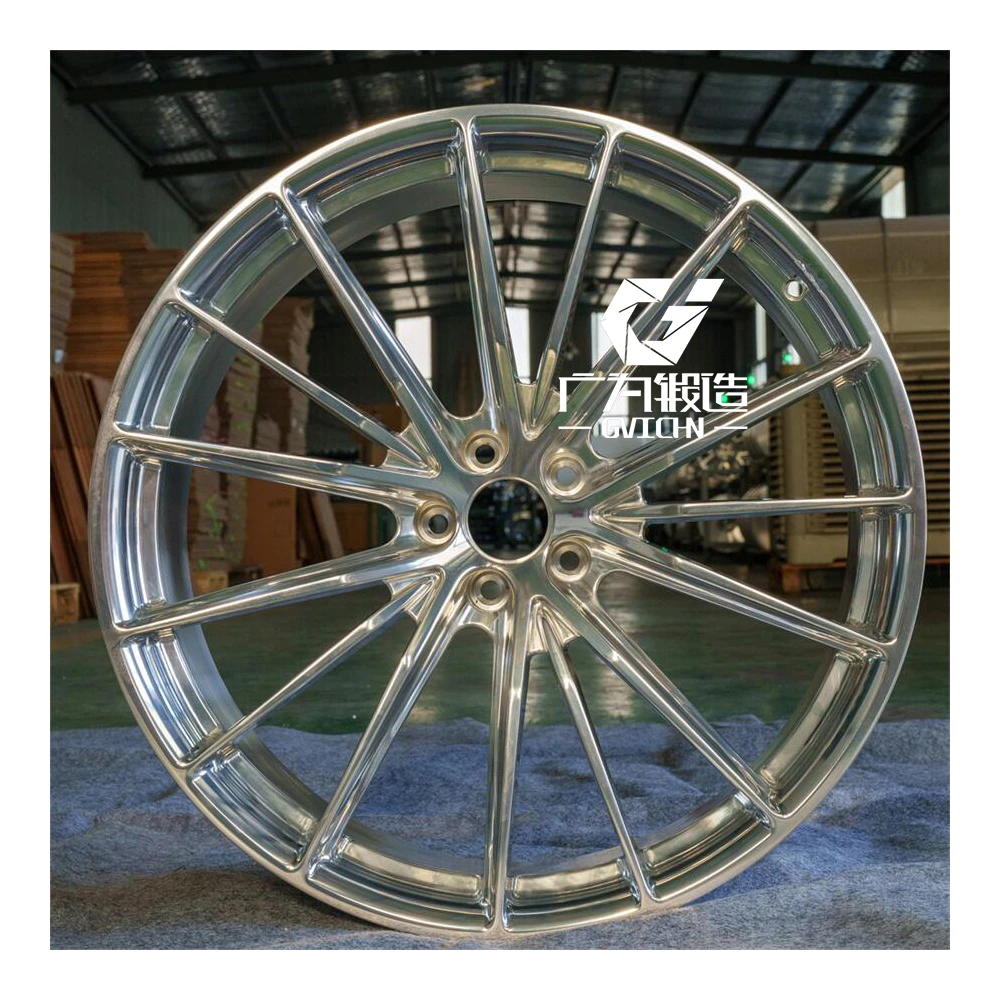
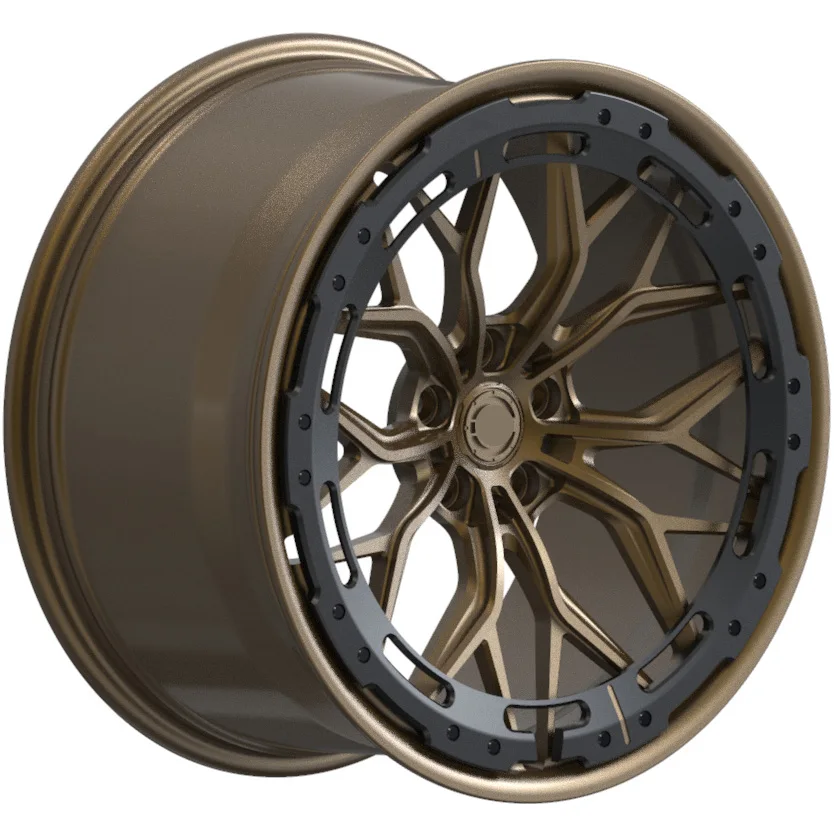
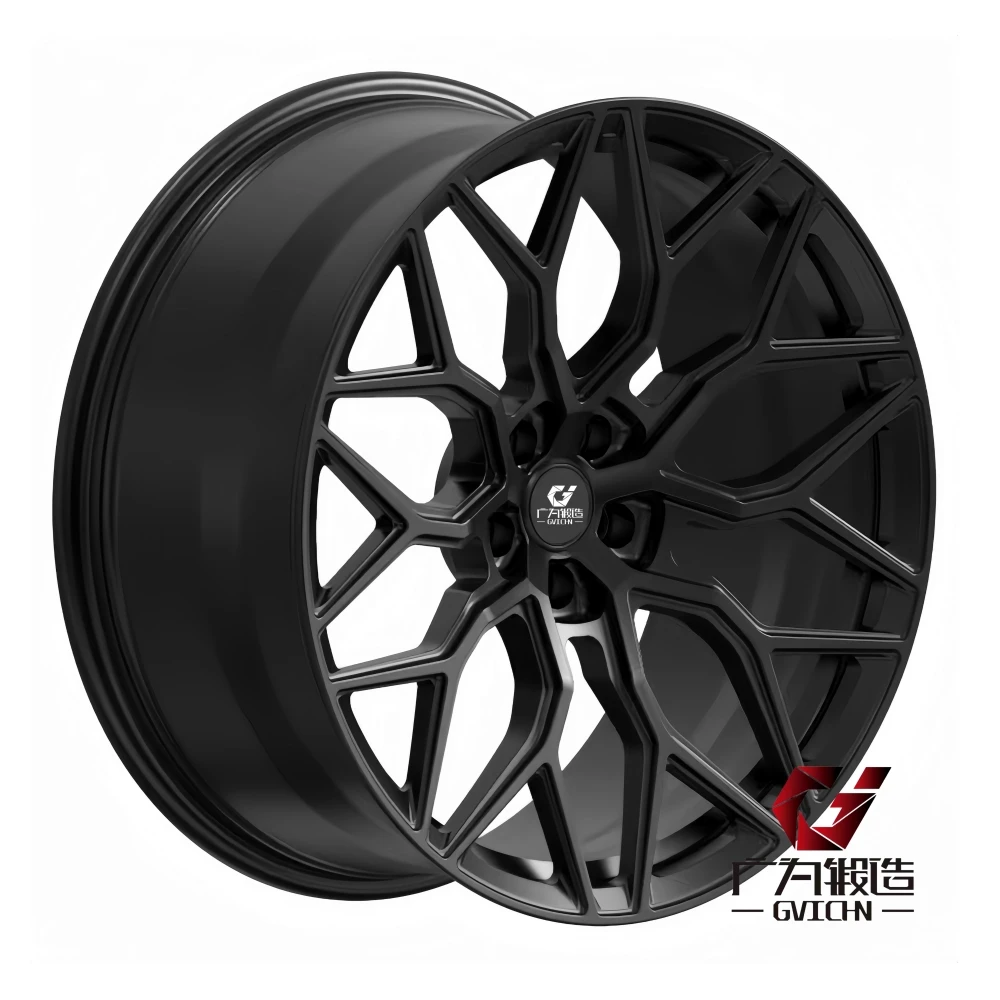
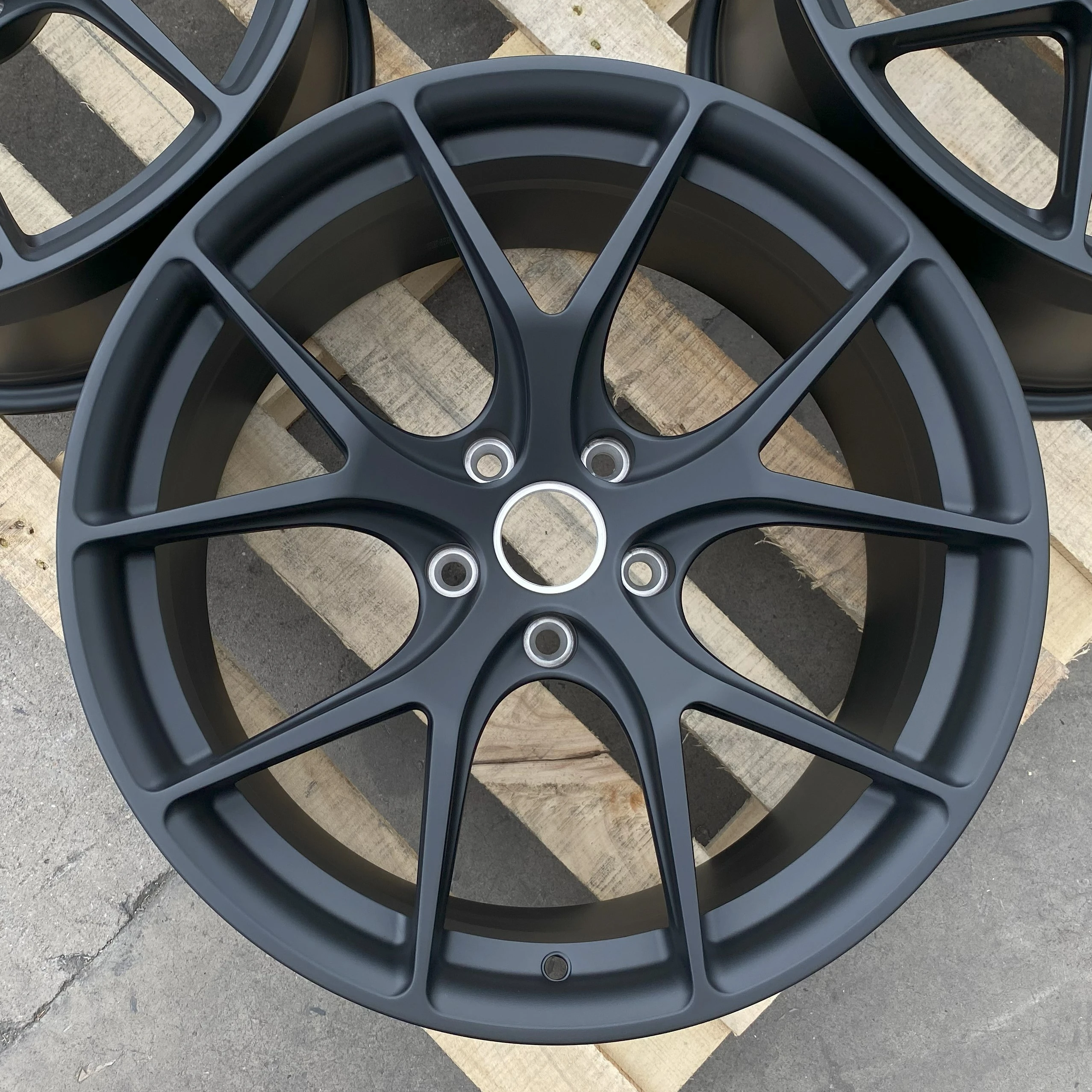
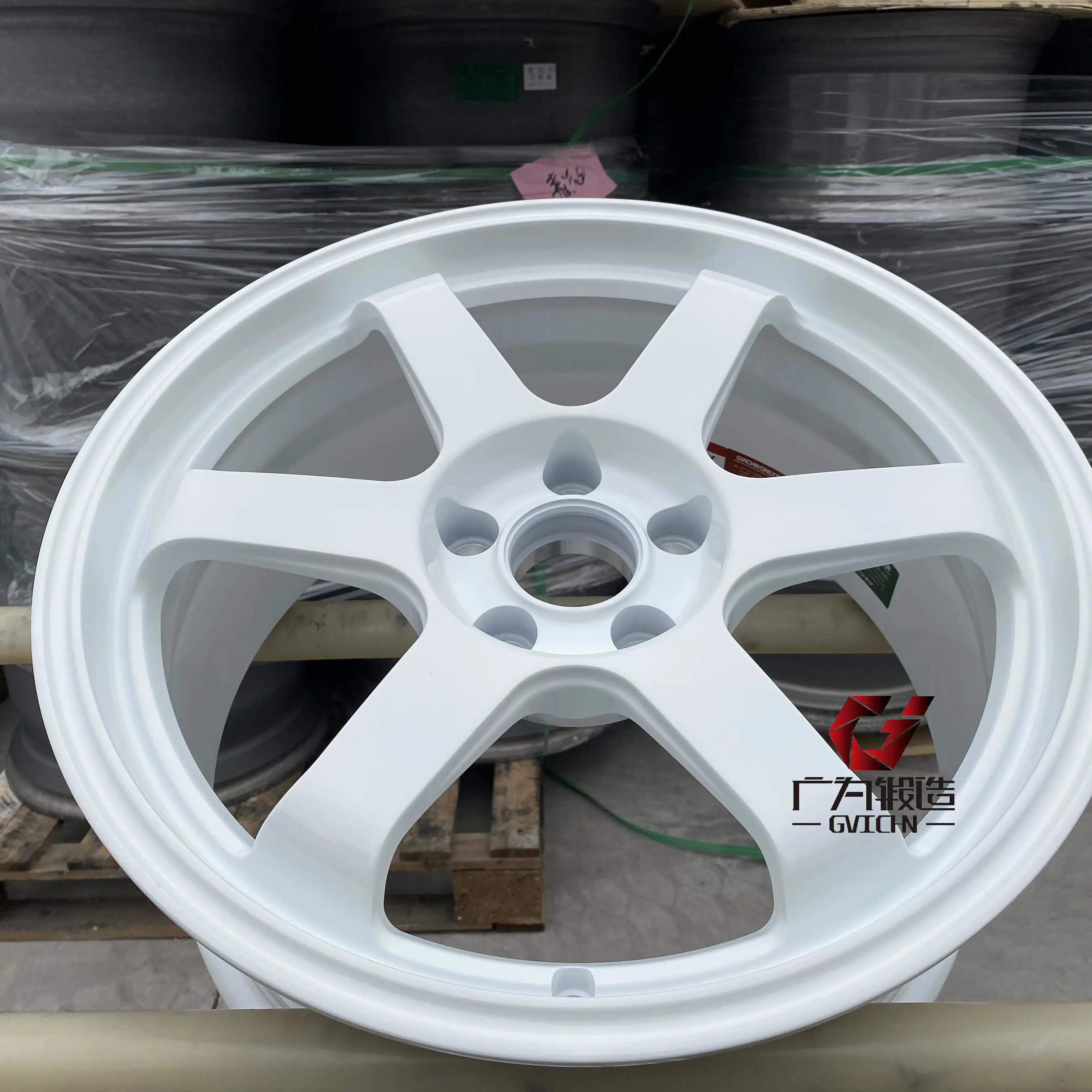
 Hot News
Hot News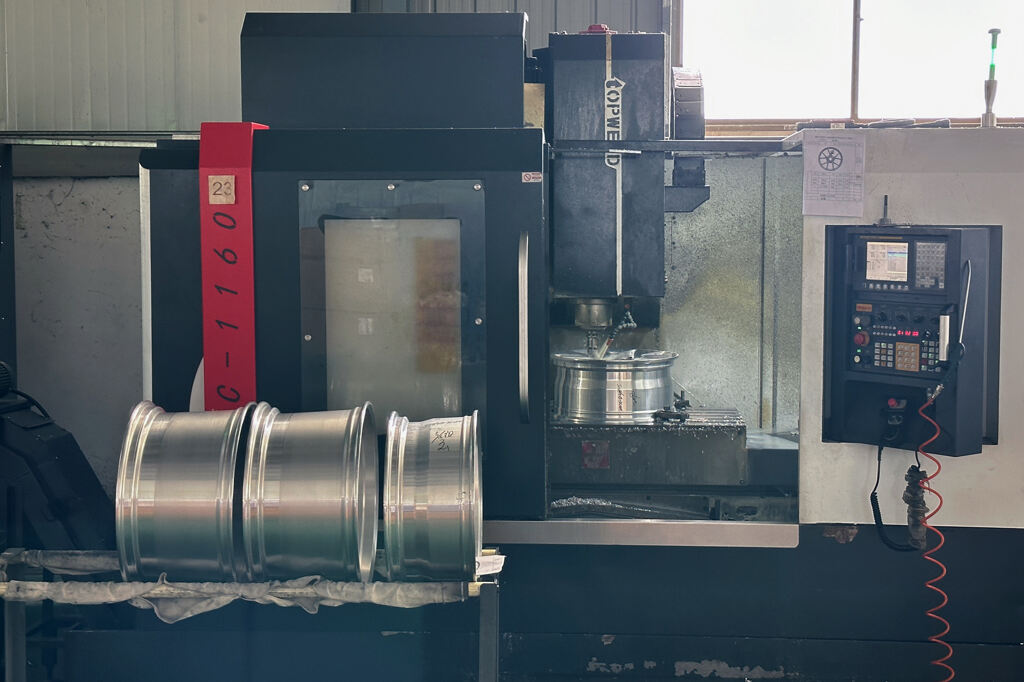
 ONLINE
ONLINE